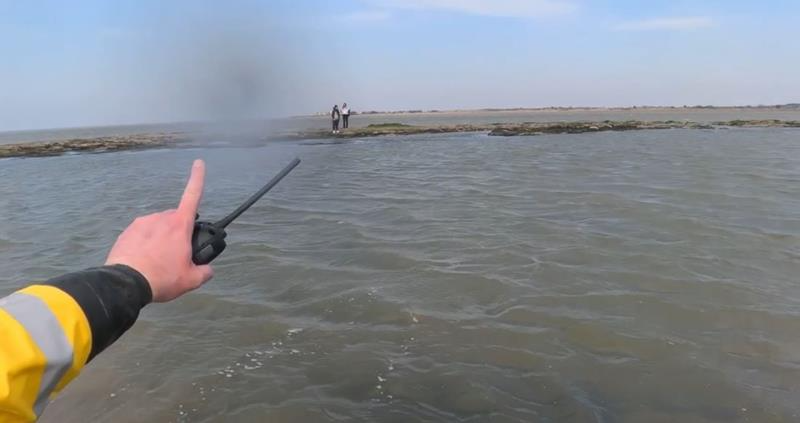Updated Port Marine Safety Code extends reach to UK marinas

The UK’s Department for Transport has issued an updated version of the Port Marine Safety Code (PMSC), extending its scope to include marinas and other non-statutory marine facilities.
The update sets out clear expectations that marinas and other non-statutory marine facilities bring their safety practices in line with the national framework.
The PMSC, first introduced in 2000, originally applied to statutory harbour authorities. The revised version now explicitly references marine facilities outside traditional harbour jurisdictions, such as privately operated marinas, piers, jetties and terminals.
Although adherence to the code remains voluntary, it is viewed as industry best practice. In legal contexts, failure to comply may be considered evidence of negligence following a marine incident.
The PMSC is accompanied by the Guide to Good Practice on Port and Marine Operations (GTGP), which offers practical advice for implementing safety and environmental management systems.
“This updated code marks a crucial step toward consistency in marine safety across all UK waters,” says a spokesperson for the Department for Transport. “Marinas are now expected to meet the same high standards as harbour authorities when it comes to managing marine operations safely and responsibly.”
Under the revised code, marina operators are expected to appoint a senior-level duty holder who is accountable for marine safety performance. An independent ‘designated person’ should also be assigned to carry out annual audits of marine safety systems.
Operators are required to maintain a Marine Safety Management System (MSMS) informed by detailed risk assessments. A Marine Safety Plan must be published at least every three years, with performance reports issued accordingly. Facilities should be maintained in a safe, functional condition, as required by the Conservancy Duty. Personnel involved in marine operations must be competent, trained and subject to regular assessment.
Further recommendations include separating commercial and safety functions, continued staff training, and documentation of all audits, inspections and training procedures.
While the code is not statutory, it may carry legal significance. If an incident occurs, non-compliance with the PMSC and GTGP could support claims of insufficient diligence.
British Marine and the UK government advise marina and harbour operators to review the revised code and its accompanying guidance to assess their current procedures against the new expectations.
The updated PMSC can be viewed online.
British Marine members can also access a dedicated guidance document for further information.













